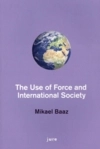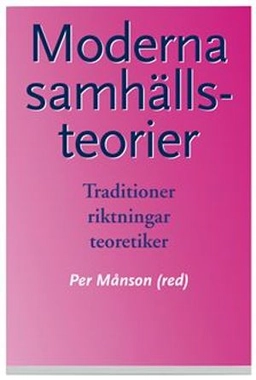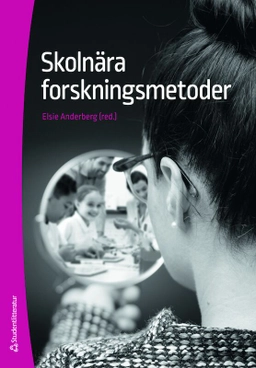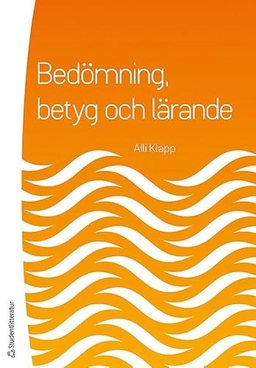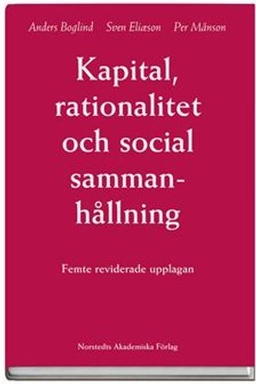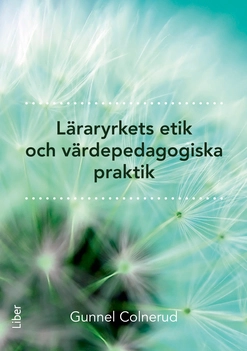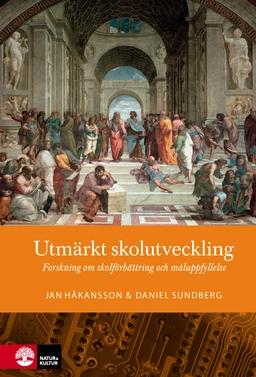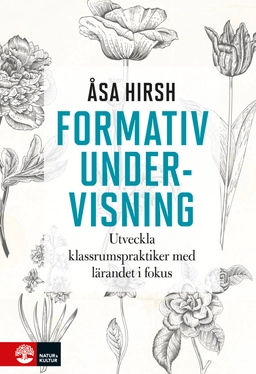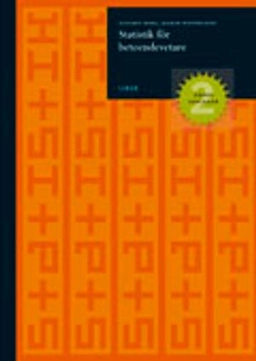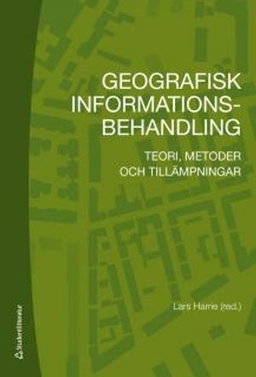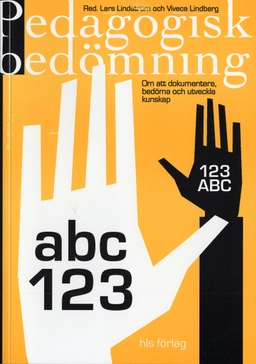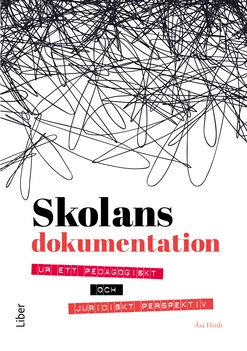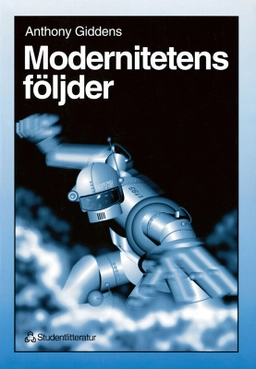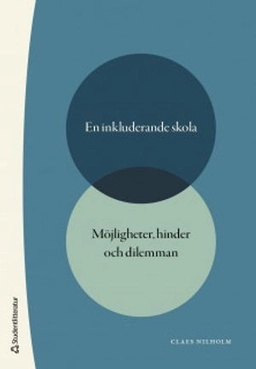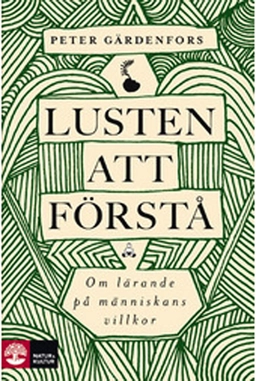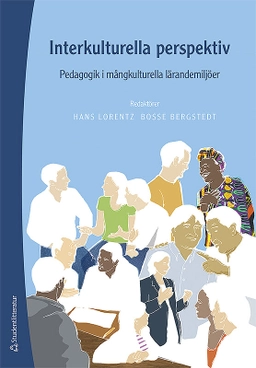This book is about political orders, historical ones, the current one but also future alternative ones. An understanding of how the contemporary world order came to be what it is and how it may develop in the future, is an exploration of the expansion of the international society of European states across the rest of the globe, its transformation from a society fashioned in Europe and dominated by Europeans into the global international society of today, with its nearly two hundred states, the great majority of which are not European. Such an understanding requires a sense of how other societies operated and developed in the past. In fact, our present international society is puzzling if looked at in isolation. Of particular interest in the book is the (changing) view on the use of force as a legal/legitimate, means in the conduct of international relations. Briefly put: what does the seemingly new attitude towards the use of force as an acceptable means in international relations that we are witnessing today imply for the future world order? Dr Mikael Baaz is senior lecturer in International Law at the School of Business, Economics and Law, the University of Gothenburg, and senior lecturer in Peace and Conflict Studies at the Department of Global Political Studies, Malmö University. He is also affiliated as a research fellow in Peace and Development Studies at the School of Global Studies, University of Gothenburg.
Åtkomstkoder och digitalt tilläggsmaterial garanteras inte med begagnade böcker
